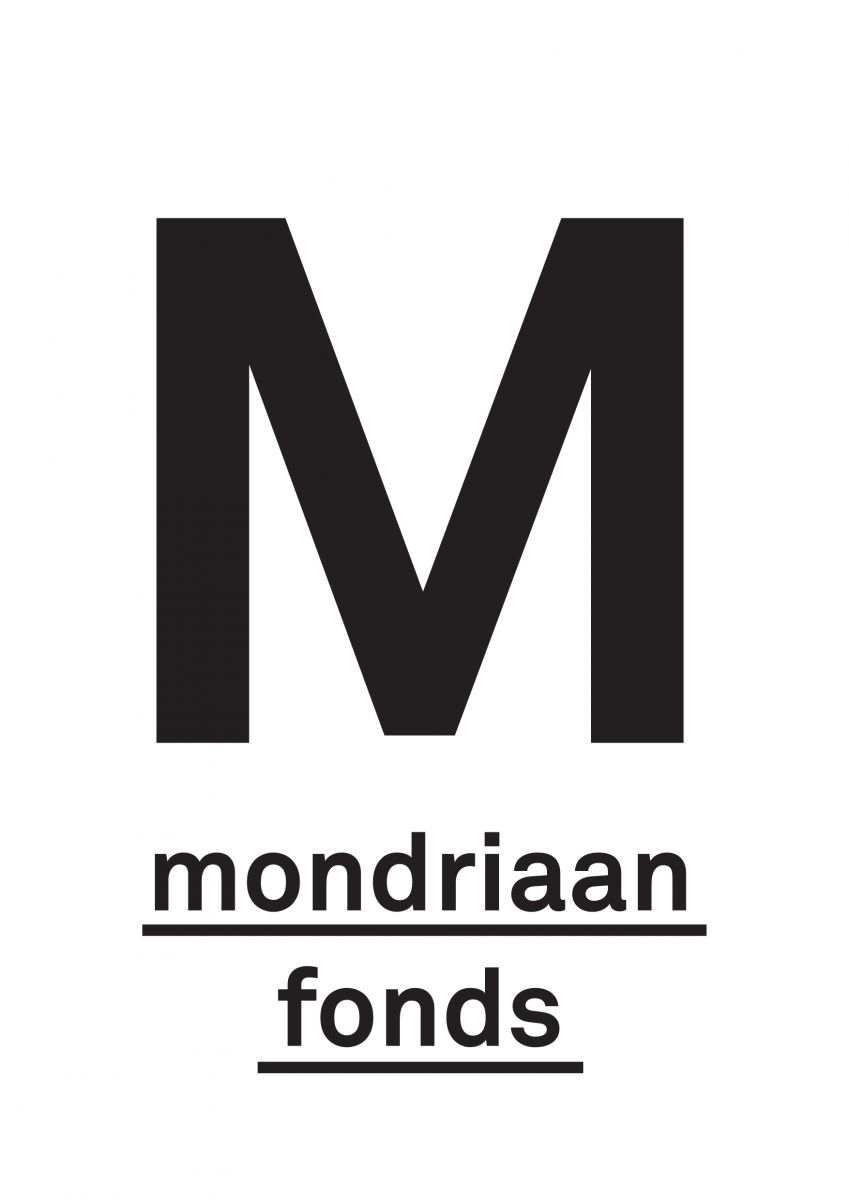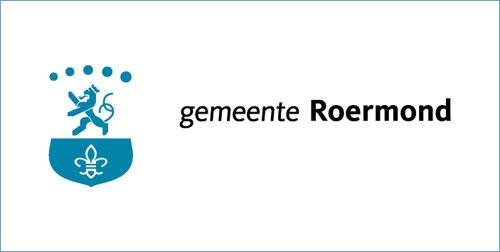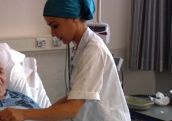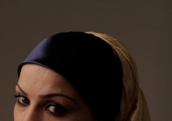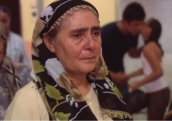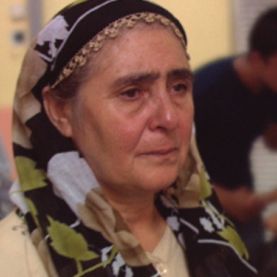
Director: Fatima Jebli-Ouazzani
Release: 26 january 2012
58 minuten, NTR
My House is Here, My Home is There (2012)
'Migration deranges a lot' says one of the Turkish women in the film My House is Here, My Home is There. Whether you stay in The Netherlands or you return you the country of your parents. The derangement echoes in the lives of their children and grandchildren. 'I've got a feeling that I don't fit the picture, but rather am edited in it.'
The big crossover from Turkey to The Netherlands that has been made by the first generation of Turkish women about 45 years ago, is now made in reversed way by some of their daughters and granddaughters. Both ways are interlaced in this movie, and the choices of Fatma, Arzu, Hatice and Husniye to stay or to return becomes clear.
Four Turkish women bluntly tell how they deal with the missing of the old culture and struggle with the new one. Fatma was filled with dreams and followed her husband to Holland 45 years ago. She dreamed about a better life, but soon had to live as a single mother of 2 children, after her husband abandoned her. He returned to Turkey with another woman. Fatma lives between Turkey and The Netherlands, her home is where her children are.
The Kurdish Husniye was at a very young age when she discovered her love for women. She refused to live a seperate life and decided to take her girlfriend to her mother.
Hatice (1984) was born in The Netherlands, but chooses a Turkish lifestyle. She combines a dynamic carrier in a hospital with a traditional marriage, where 'feedback' and 'being assertive' have no meaning.
Arzu (1971) returned to Turkey, where she manages a travel agency. She misses The Netherlands every day. Her husband is hoping for having children and a life as any other man in Turkey. But Arzu does not want to have children. She chooses personal growth. She alienates from her husband.
The director Fatima Jebli-Ouazzani chooses to show the history of the Turkish migration and its consequences from a female perspective. The four women represent three generations of females over a duration of 45 years. These women are rarely seen this openhearted and honest. Their story completely changes the image of Turkish women that the Dutch government appears to have; that their integration has failed and that they should be freed. This documentary shows that this is a wrong image.
The film has come about with the financial contribution of the Media Fund, Mondrian Funds and the Urban Museum Roermond.
Viewings
26-01-2012Televisievertoning: NTR, Ned 2
29-09-2012Nederlands Filmfestival, Utrecht, Louis Hartlooper Complex
03-10-2012Nederlands Filmfestival, Utrecht, Louis Hartlooper Complex



